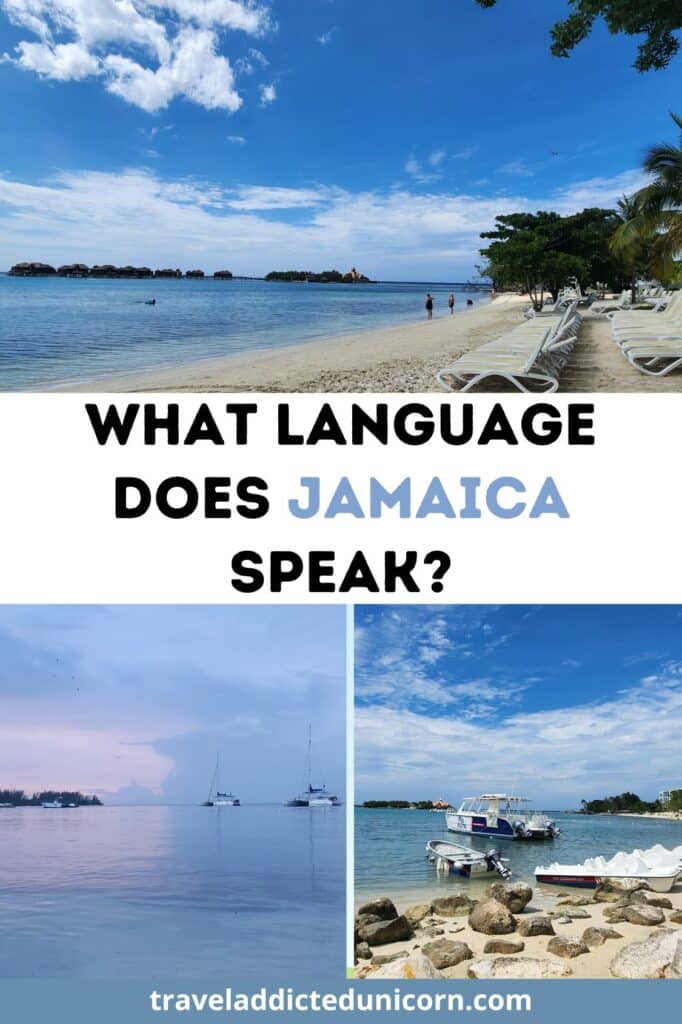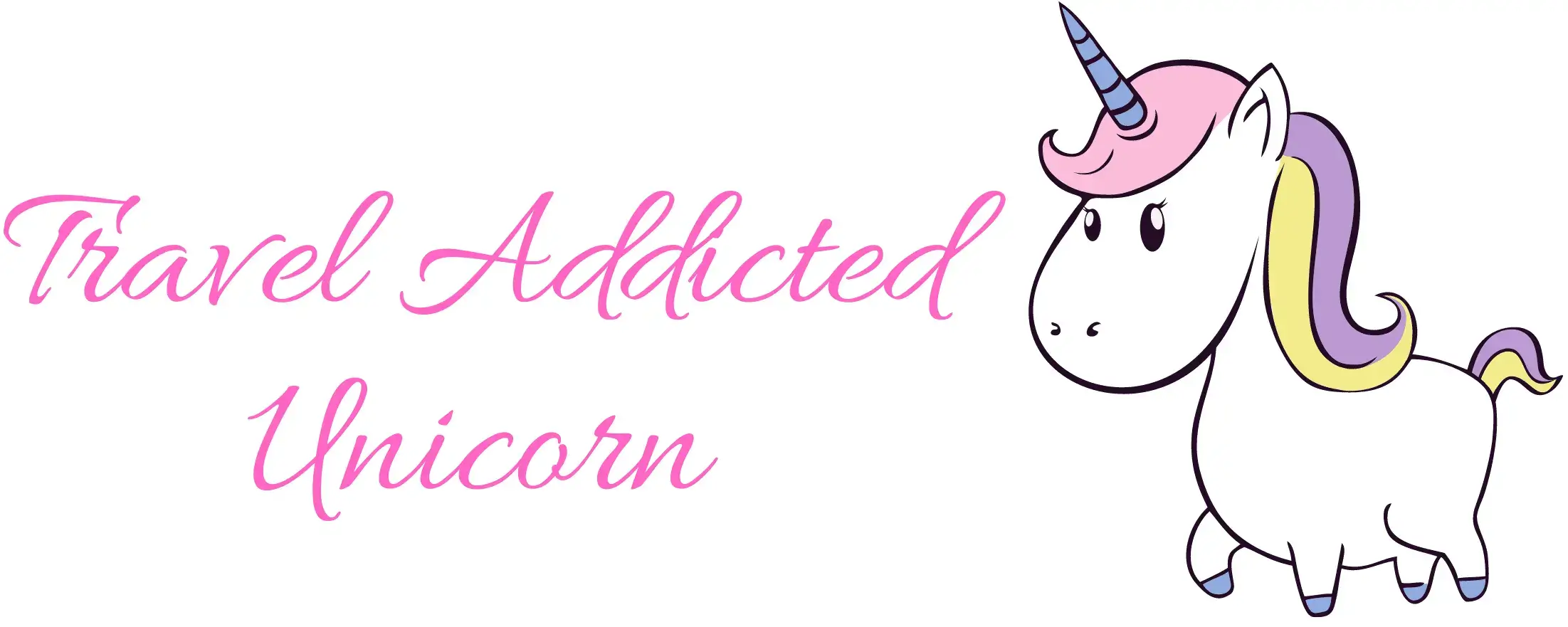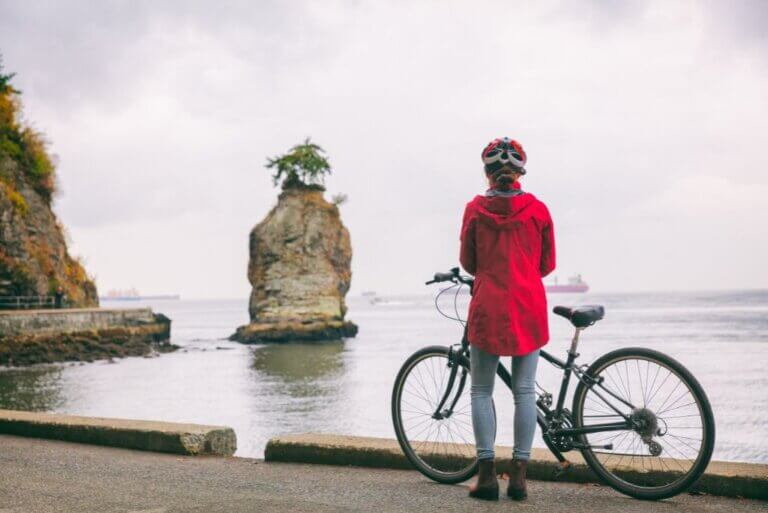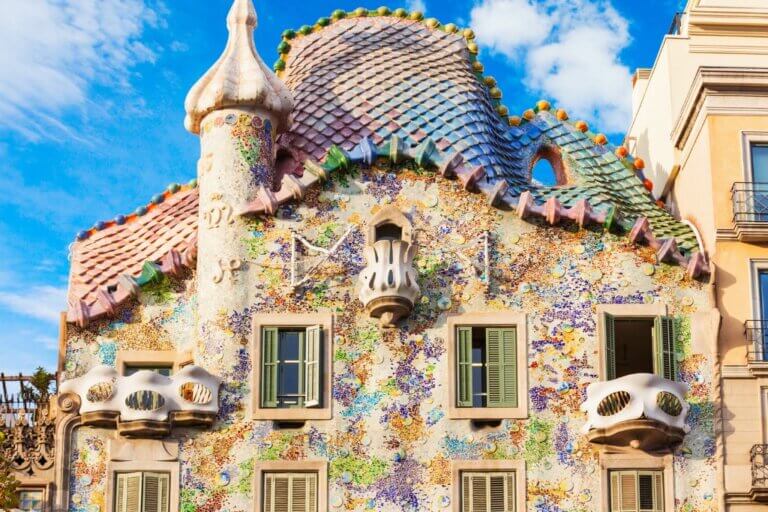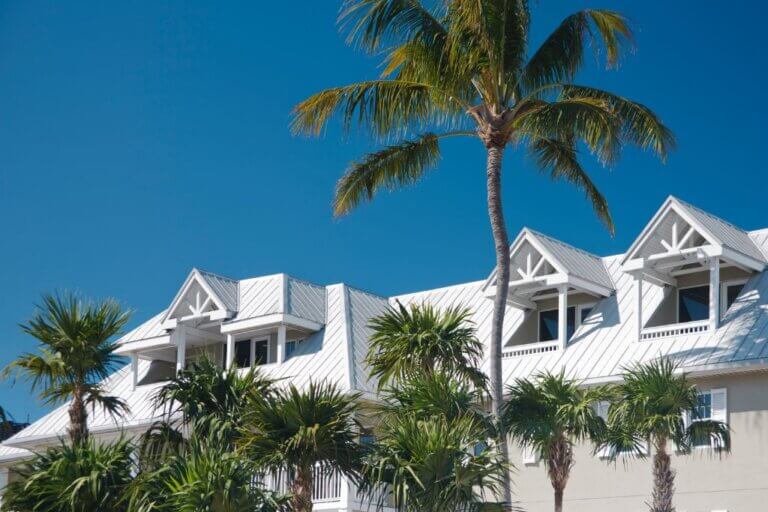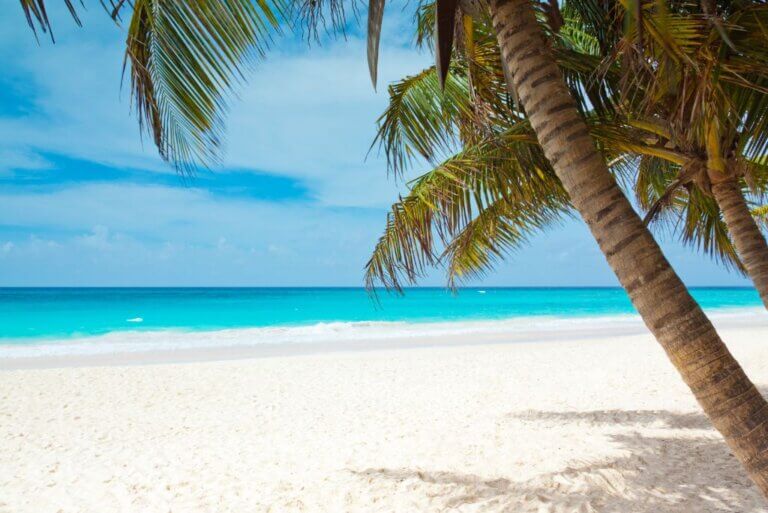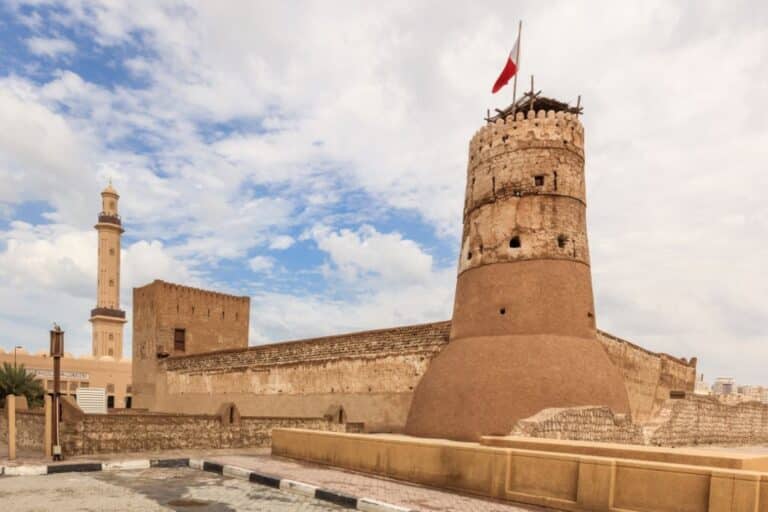What Language Does Jamaica Speak?
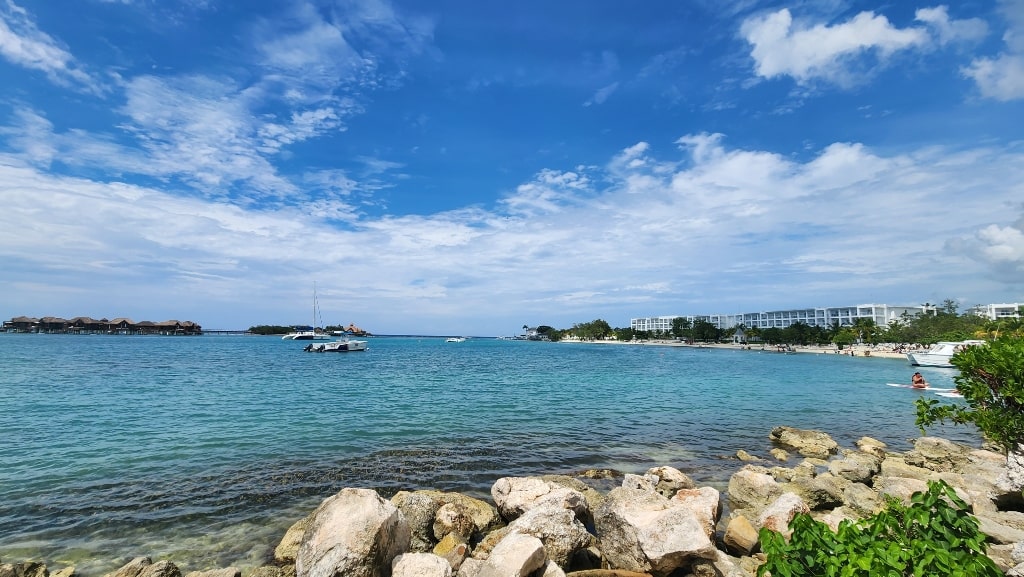
Wondering What Language Does Jamaica Speak? Keep Reading To Find Out!
So what language does Jamaica speak then?
When you think of Jamaica, you likely imagine its stunning beaches, vibrant culture, and reggae beats, but have you ever wondered what language brings the island to life?
In this post, we’ll discover the main languages spoken in Jamaica, explain their significance, and provide tips on how to communicate effectively.
Whether you’re planning a visit or just curious about Jamaica’s linguistic heritage, this guide will provide all the information you need.
What Language Do They Speak In Jamaica?
While English is the official language, widely used in government, schools, and media, the true essence of Jamaican communication is found in Jamaican Patois (also called Patwa or Creole).
Patois is a unique creole language that blends English with influences from West African languages, as well as traces of Spanish, Portuguese, and French.
Jamaicans embrace Patois as more than just a dialect; they make it an integral part of the island’s identity, speaking it in informal settings, music, and everyday interactions.
Its rhythmic flow, vibrant expressions, and creative wordplay capture the energy and spirit of Jamaica’s people.
🦄 For more helpful info about Jamaica, check out these blog posts:
7 Things To Know Before Going To Jamaica
What Are 5 Facts About Jamaica?
Are There Sharks In Montego Bay, Jamaica?
Is Jamaica A Country Or A City?

Do They Speak English In Jamaica?
Yes, English is Jamaica’s official language.
People use it in government, education, business, and formal settings.
Therefore, you will not have any difficulty communicating in Jamaica.
While English is taught in schools and is the primary language for official communication, visitors may encounter Patois in everyday conversations, music, and local expressions.
Useful Phrases To Learn Before Visiting Jamaica
Here’s a short table comparing English Jamaican with Jamaican Patois for basic phrases:
| English | Jamaican Patois | Meaning |
|---|---|---|
| “Hello” | “Wah gwaan?” | “What’s up?” |
| “Goodbye” | “Likkle more” | “See you later” |
| “Please” | “Mi beg yuh” | “I’m asking you” |
| “Thank you” | “Tank yuh” | “Thanks” |
| “How are you?” | “How yuh stay?” | “How are you doing?” |
| “Yes” | “Yah” | “Yes” |
| “No” | “Nuh” | “No” |
Jamaican Patois often reflects a more casual tone and phonetic spelling, making it distinct yet easy to pick up with practice!
It often simplifies grammar, drops certain consonants, and uses unique vocabulary.
It’s rhythmic and colorful, making it an iconic part of Jamaican culture.
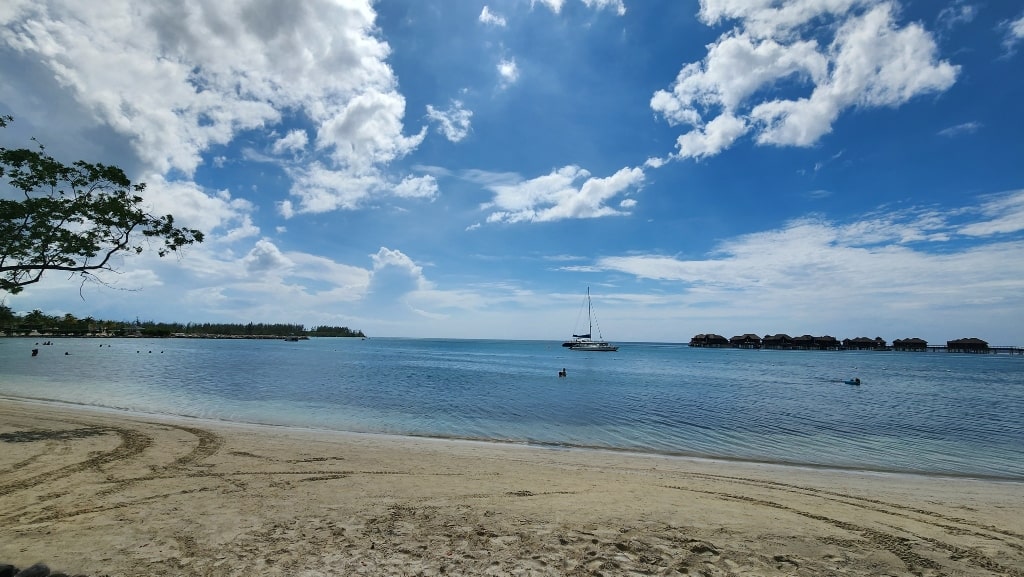
FAQ: What Language Does Jamaica Speak?
Let’s take a look at some of the most frequently asked questions when it comes to what language does Jamaica speak.
Do they speak Spanish in Jamaica?
People in Jamaica do not widely speak Spanish, but schools teach it as a foreign language.
The reason is the island’s proximity to Spanish-speaking countries in the Caribbean and Latin America.
What did Jamaicans speak before Patois?
Before Jamaican Patois emerged, the indigenous Taíno people, the island’s original inhabitants, spoke the Taíno language, part of the Arawakan language family.
They spoke this language before European colonization began.
When the Spanish colonized Jamaica in the early 16th century, Spanish became the dominant language.
However, after the English seized the island in 1655, English gradually replaced Spanish as the colonial language.
Africans, forcibly brought to Jamaica during the transatlantic slave trade, spoke a variety of West African languages, such as Akan, Igbo, and Yoruba.
Over time, these languages mixed with English, Spanish, and other European influences, resulting in the development of Jamaican Patois.
Thus, African and European linguistic traditions deeply influenced Jamaican Patois.
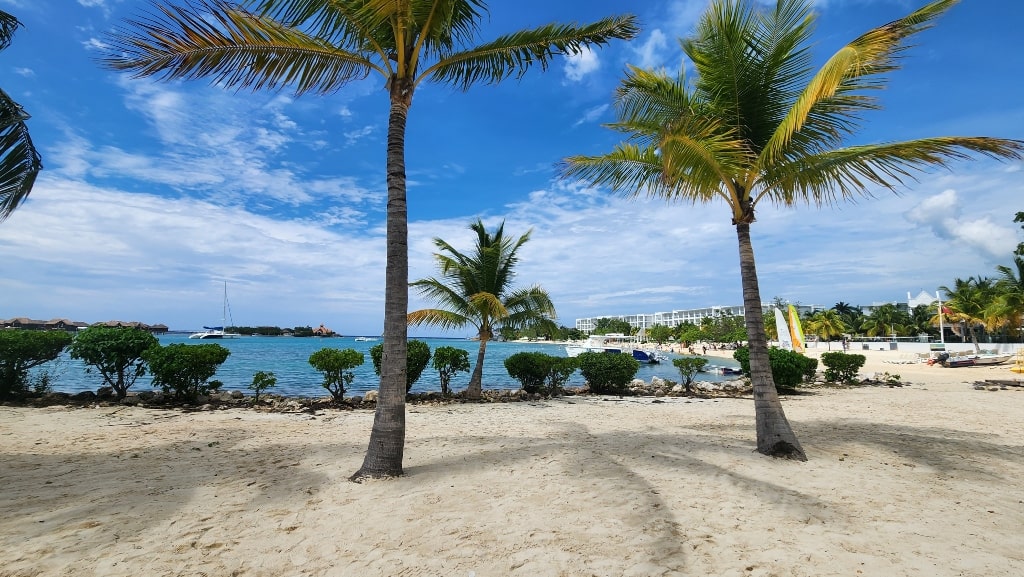
Is Patois just broken English?
No, Jamaican Patois (Patwa) is not just “broken English.”
It is a fully developed Creole language with its own grammar, vocabulary, pronunciation, and linguistic rules.
While Patois is heavily influenced by English, it also incorporates elements from West African languages, Spanish, Portuguese, and other European and indigenous sources.
Key Differences:
Grammar
Patois has a unique grammatical structure that differs from English. For example:
- English: “I am going to the market.”
- Patois: “Mi a go a di market.”
Here, “mi” is the subject pronoun, “a go” indicates an action in progress, and “di” replaces “the.”
Vocabulary
While many words in Patois are derived from English, they often have different meanings or are combined with non-English words. For example:
- English: “What’s happening?”
- Patois: “Wah gwaan?”
Pronunciation
Patois simplifies or alters English pronunciations. For instance:
- “Three” becomes “tree.”
- “They” becomes “dem.”
Cultural Identity
Patois is more than a linguistic variation; it reflects Jamaica’s history, culture, and identity.
It evolved as a means of communication among enslaved Africans who spoke different native languages and were forced to interact with English-speaking colonizers.
Calling Patois “broken English” dismisses its complexity and rich history. It is a dynamic language that stands as a symbol of Jamaican resilience and creativity.
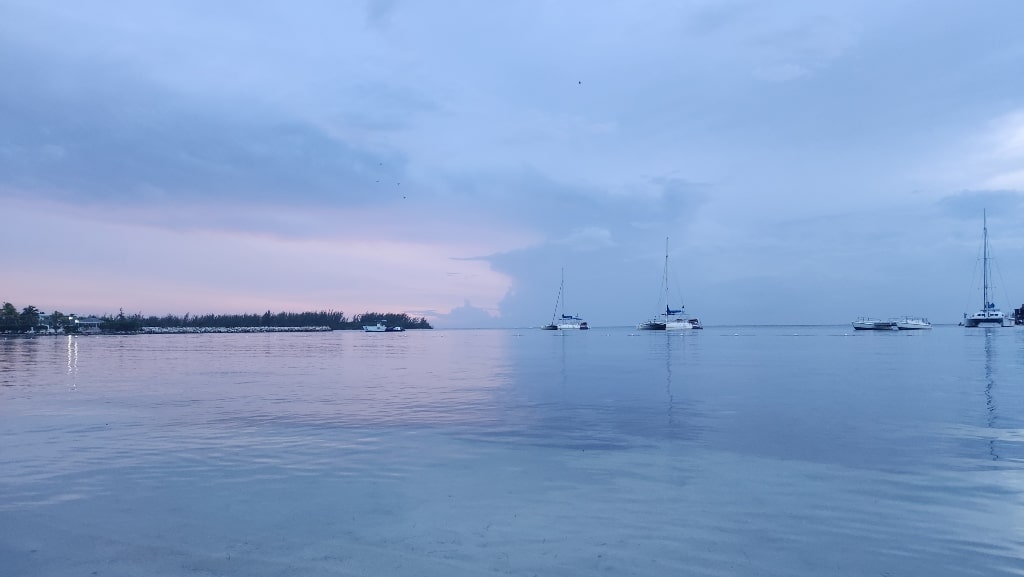
Do Jamaicans really say ”Ya Mon”?
Yes, “Ya mon” is a common phrase in Jamaican Patois, though it’s often associated with the island’s laid-back, friendly vibe and popularized by reggae music and Jamaican culture.
In Patois, “ya” means “yes,” and “mon” is a term used to refer to a person, similar to “man” in English but can be used more broadly.
Together, “Ya mon” roughly translates to “Yes, man” or simply “Yes,” used to express agreement or affirmation.
It’s a casual, friendly response, often said with enthusiasm or emphasis, and is part of the welcoming and easygoing nature of Jamaican speech.
While it’s a well-known phrase internationally, especially in reggae and pop culture.
It’s still very much used by Jamaicans in everyday conversation, albeit sometimes more in a playful or informal context.
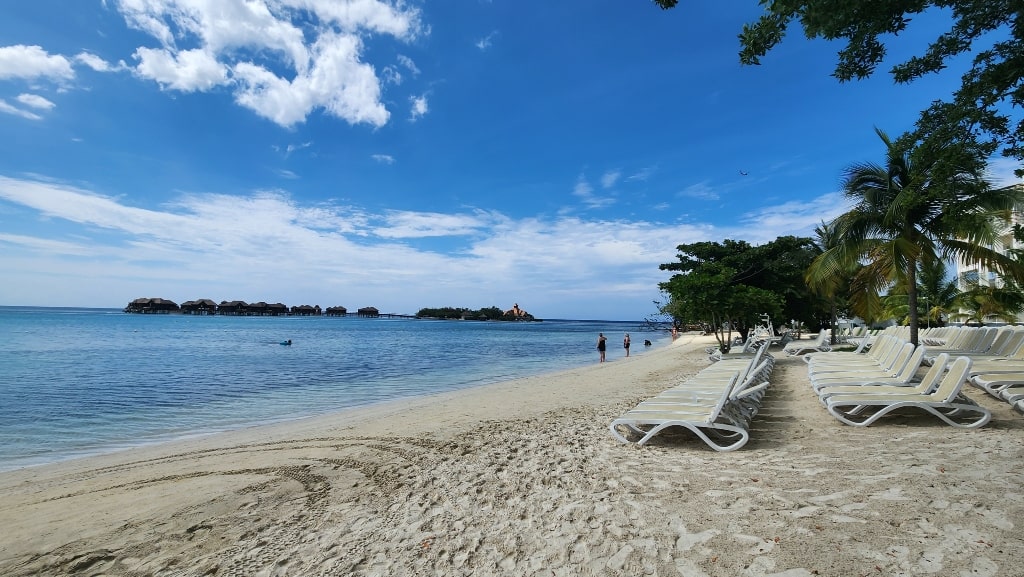
If I were a tourist visiting Jamaica, would I be able to understand Patois?
As a tourist visiting Jamaica, you’ll likely be able to understand Jamaican Patois to some extent.
Especially in more straightforward, everyday phrases, since it shares many words with English.
However, the level of comprehension depends on how familiar you are with the rhythm, vocabulary, and pronunciation of Patois.
Patois pronunciation can sometimes make it difficult for non-native speakers to understand.
For example, speakers often shorten or modify words, making them sound different from standard English.
Phrases like “Mi a go a di store” (I’m going to the store) might take a moment to process.
If you’re in tourist areas, you’ll hear a mix of English and Patois, as locals often switch between the two.
Most Jamaicans are bilingual and can switch between Patois and English depending on the context.
In formal settings, such as hotels or restaurants, you’ll be able to communicate easily in English.
While you may not understand every word, you’ll likely pick up the general meaning from the context, tone, and body language.
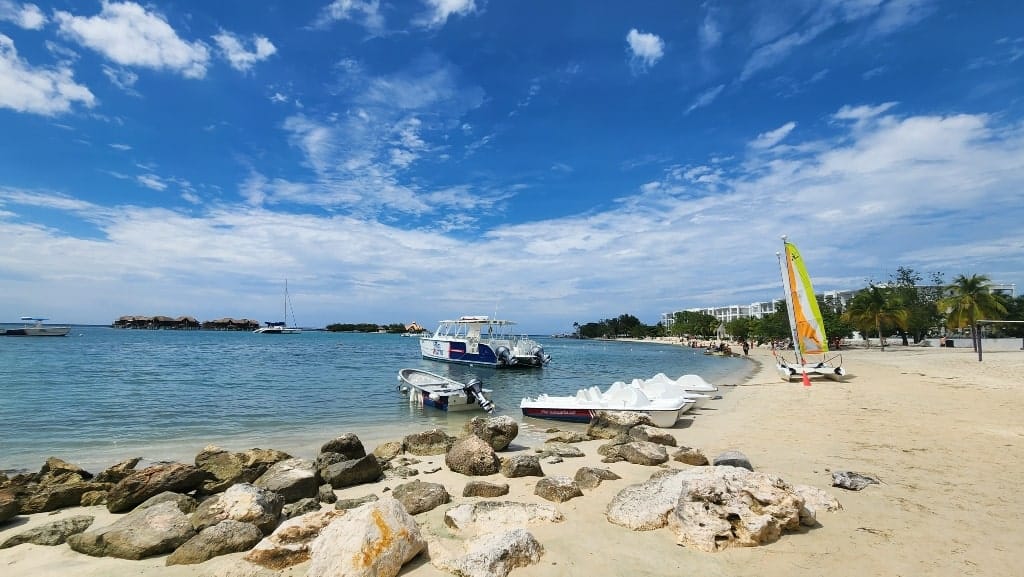
Conclusion: What Language Does Jamaica Speak?
In summary, Jamaica’s linguistic tapestry is as rich and diverse as its culture.
While English serves as the country’s official language, used in formal settings, Jamaican Patois (Patwa) is the language of the people.
Vibrant, expressive, and deeply rooted in the island’s history, Patois is more than just a means of communication—it’s a cultural treasure that reflects the resilience, creativity, and spirit of Jamaicans.
Whether you’re visiting Jamaica for the first time or diving deeper into its culture, understanding the island’s linguistic dynamics offers a unique glimpse into its identity.
